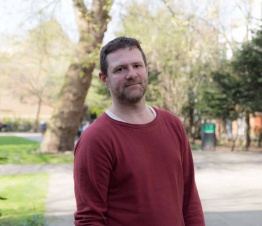What is existential therapy?
Existential therapy is a humanistic therapy centred on the philosophy of existentialism, with a focus on ideas of free will, self-determination, and responsibility. It advocates the idea that life has no solid meaning, thus it is up to the individual to define their existence and be responsible for their own happiness and actions. This type of therapy hopes to directly confront the conflict which arises about the question of meaning or purpose, through exploring personal values, hopes and contradictions of what it is to be human.
The existential approach stresses that:
- All people have the capacity for self-awareness.
- Each person has a unique identity that can be known only through relationships with others.
- People must continually re-create themselves because life’s meaning constantly changes.
- Anxiety is part of the human condition.
Existential counselling is unusual in that it does not place emphasis on past events like some other therapy types. Existential therapists do take the past into consideration, but do not position the responsibility for present issues there. They use the insights from the past in order to work within the present and future, where the client is encouraged to view their own actions without thinking about destiny or fate. By accepting that their existence is coincidental, the client may live in the present moment and overcome their anxieties, viewing life as moments in which they are fundamentally free to make their own decisions.
The roots of existential therapy lie with the work of existential thinkers and philosophers, notably Kierkegaard and Nietzsche, and later Sartre, Camus, and Heidegger.
Who benefits from existential therapy?
Individuals who are interested in seeking the meaning of life rather than seeing therapy as a means of solving their problems are more likely to benefit from this kind of therapy. It could also appeal to clients who are facing serious illness such as cancer or struggling with a transition in their lives or personal relationships. Studies have also suggested that elderly people may benefit from existential therapy.
Relevant associations
This information has been vetted by a professional member of the welldoing.org directory
Last updated on 21 January 2019




























































